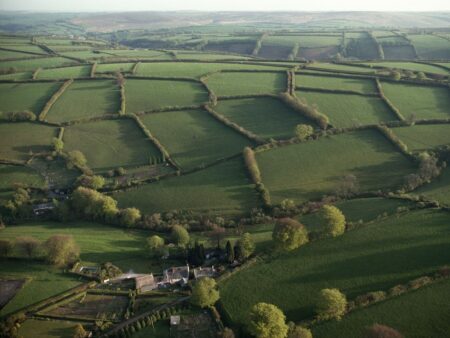In this post, we specifically consider liberal defenses of private property in the “means of production". This focus allows us to put the liberal defense of private property into dialogue with Marxism, with which it shares a broad humanistic heritage and many particular normative framings. Our focus also connects liberal property theory with a variety of later critiques of private property in certain productive resources, including those of the progressive and realist lawyers who generated American doctrines concerning “public utility” and other modes of resource governance that are neither strictly “private property” nor strictly matters of state control.
As I noted in my first post, it is possible that the COVID-19 pandemic will force a reckoning with the democratic deficit in the European Union and prompt a renewal of left-wing politics across the continent. However, the existing constitutional machinery of the five presidencies that make up the EU is both complex and considerably resistant to change, even (perhaps especially) in a crisis.
Mutant Neoliberalism is an excellent collection of essays canvassing what editors William Callison and Zachary Manfredi rightly diagnose as the changing face of neoliberalism – really, the multiplicity of national, transnational and post-national neoliberalisms – evolving in the aftermath of the 2007-2008 financial crisis. Instead of a mortal wounding, the crisis generated the paradox, as several authors in the collection note, that neoliberalism’s failures led to more, not less, neoliberalism.
This post is part of our symposium on Quinn Slobodian’s Globalists: The End of Empire and the Birth of Neoliberalism. Read the rest of the symposium here. Quinn Slobodian’s Globalists has rightly received praise and critical attention as a groundbreaking study of the ideologies operative in the cloistered domains of international economic law. Indeed, the book has been…
Most years, I teach an introductory course on International Trade Law. And every year since I began I’ve included a session on the international financial architecture, on the view that this architecture is intimately bound up with the functioning of the trade regime. I begin the course predictably enough with a series of sessions on…
What would it mean to make economic and political life more democratic? One way toward an answer is by getting more precise about how they are now undemocratic. Avoidance of democracy runs very deep in American law, and perhaps in the modern legal and political order generally. This is so despite the fact that constitutionalism…




